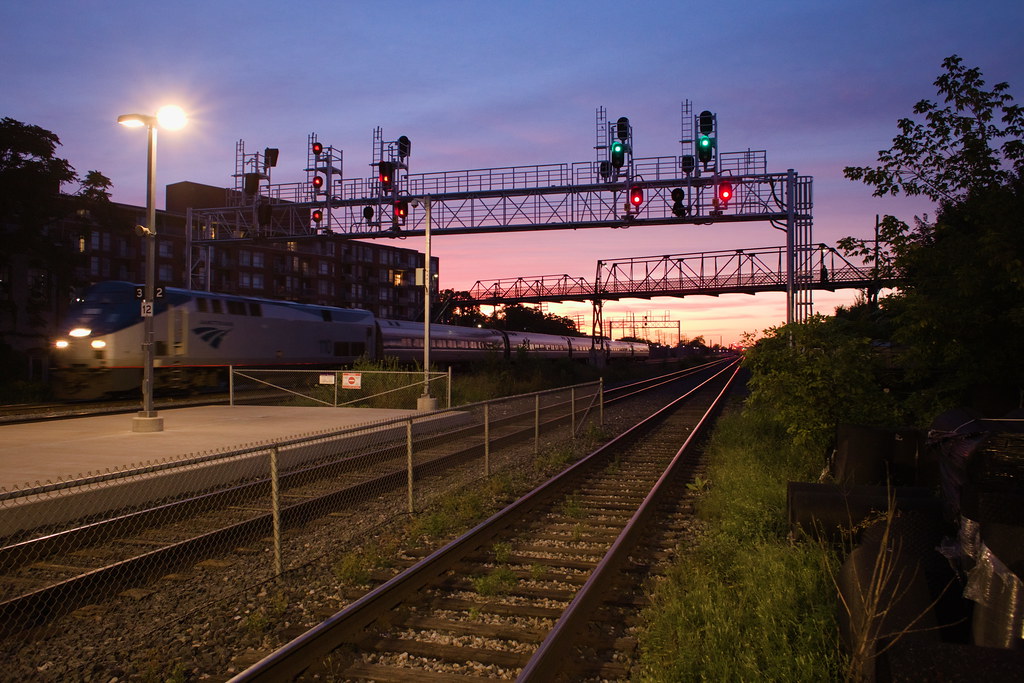Streety McCarface
Senior Member
MARC has not retired its HHP-8s (despite the fact that all of the new diesels are in service), and they apparently has no intention of doing so right now. Bombardier has been upgrading/replacing the electrical systems (like inverters) on the six units over the past year, with the goal of making the locos more reliable. I'm not sure who's paying for this, but they are clearly giving the hippos another chance (and they may need the extra power).
The big problem for MARC is that it doesn't own the corridor. Apparently they thought Amtrak was charging too much to use the catenary, and Amtrak was also performing a lot of the maintenance on MARC's electrics (although this practice is changing from what I understand). On top of that, Penn Line services are only pulled by electrics during peak periods (mid day services are run with shorter diesel sets from the other two lines). So for MARC, buying locomotives that would only be used during peak periods on one of the three lines didn't make sense. Hence, the switch to only buying diesels as new power.
I can't see this sort of scenario playing out with any other operator. SEPTA runs an all electric revenue fleet, and NJT runs on a large amount of electrified tracks. MBTA has apparently thought about electrics in the past, but they would likely have run into the same problems as MARC.
Did not know, thanks for the info.
I'm wondering if Metra or Metrolink would be willing to electrify some lines given an increase in ridership, though since Metra is heavily operated by freight companies, it may not be in their favour to do so.





